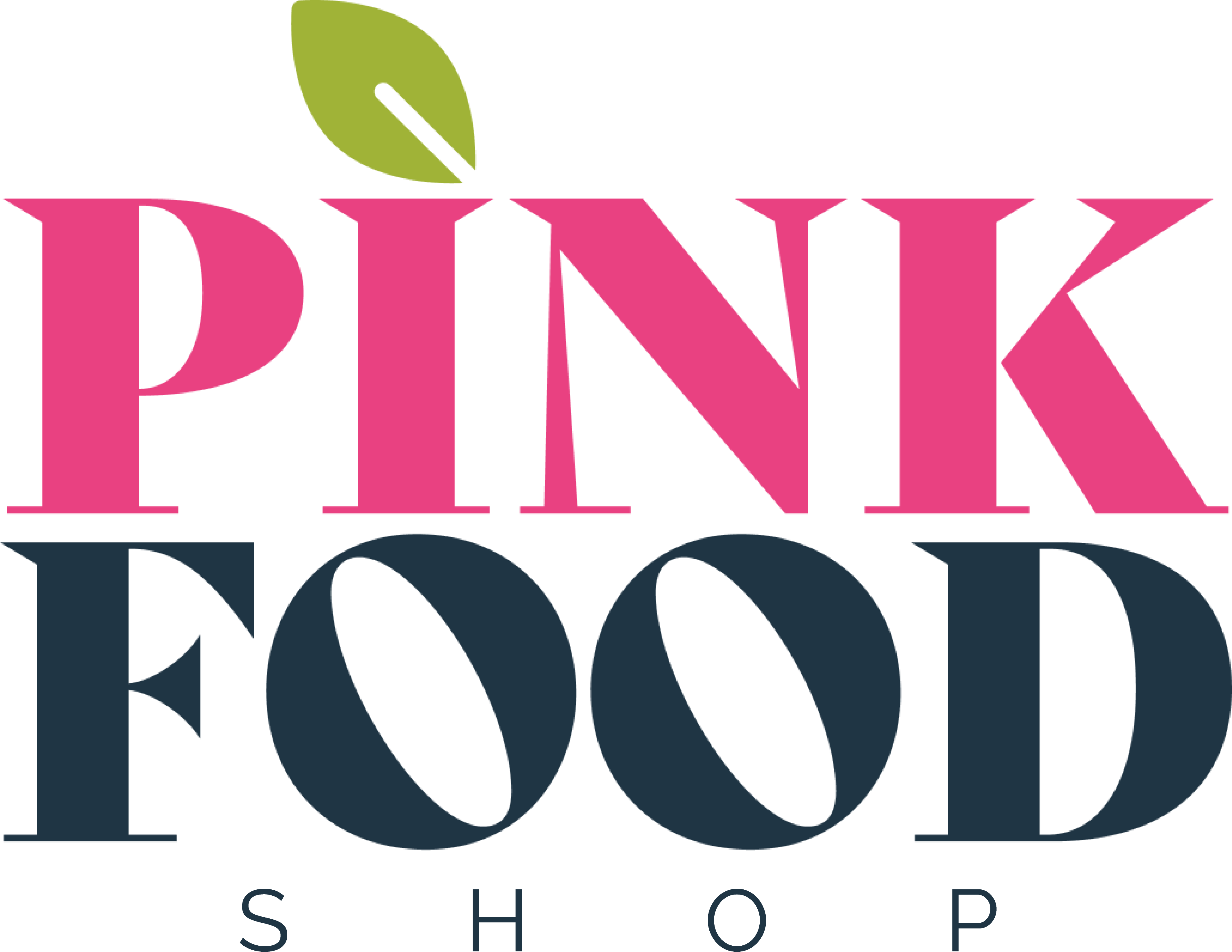Sugar is not good for health, regardless of the opinions of the various diet and food style gurus on the fact that refined sugar should be avoided, they all agree and therefore what to use to sweeten desserts and drinks? Here is a fairly exhaustive list of the most common and used natural sweeteners, their sweetening power and recommendations for use.
Agave
It exists in three different "colors" (clear, amber and dark) and the darker it is, the more decisive the taste becomes. It is used for both cooked and unbaked desserts. If you use it as a sugar substitute, reduce the liquids slightly.
100g of sugar = approximately 75g of agave
Coconut, sugar and nectar
Coconut sugar is similar to brown sugar in everything while nectar is similar to maple syrup. It can be used both in cooking and in cold desserts.
100g sugar = 100g coconut sugar (or nectar)
Demerara
It owes its name to the region of Guyana from which it originates. Today it is produced from white sugar to which a part of molasses is added which gives it a caramel flavour. It can be used like raw cane sugar.
100g of sugar = 100g of Demerara sugar
Muscovado
It derives from the artisanal processing of sugar cane in which the cut and pressed canes form a dense compound that still contains a part of molasses of which in fact it has a strong aroma. Moist and thick, it can replace brown sugar especially for sauces and barbecues.
100g of sugar = 100g of Muscovado sugar
Date sugar
It is very sweet and if it is in lumps it does not melt well. Perfect for making a crust on top of crumbles.
100g of sugar = approximately 60g of date sugar
Fruit, juice concentrate
Depending on the fruit it can be more or less sweet and can be used in many baked desserts except those with chocolate. Also great for drinks, cereals and yogurt.
Malt and various cereal syrups (oats, rice, corn, barley)
Liquid sweeteners that can be used both in baked sweets and raw desserts as well as in the preparation of sauces and savory dishes. Remember to reduce the liquid part a little.
100g of sugar = 125g of malt/syrup
Pasteurized honey
Widely used as a liquid sweetener in all kinds of recipes. If you use it instead of white sugar, reduce the liquids a little and cook the oven desserts at a slightly lower temperature and for a few more minutes.
100g of sugar = 75g of honey
"Raw" honey (raw or unpasteurized)
It exists both liquid and crystallized and can be used in both cooked and raw dishes. It gives its best in hot drinks and sauces as it is particularly aromatic (the aroma depends on the type of flower), also in this case reduce the liquids and the temperature a little if you use it liquid.
100g of sugar = 75g of honey
Lucuma powder
In addition to sweetening, Lucuma has several beneficial properties (antioxidant) and a slightly caramelized flavor. It can be used by adding it to drinks, smoothies and puddings, ideal for ice cream because it helps to emulsify fats with sugars.
100g of sugar = 100g of Lucuma powder
Monkfruit (or Luo Han)
Excellent natural sweetener extracted from the homonymous plant of Asian origin. It has the same sweetening power as Stevia (about 300 times more than sugar) but no aftertaste. Stable at high temperatures, it can be used for both cooked and raw desserts. Already widespread in the USA but still awaiting approval for sale in Europe.
100g of sugar = about 1 teaspoon of Monk Fruit
Maple syrup
Grade A maple syrup exists in three shades of color with an increasingly marked aroma from the lightest to the darkest and can be used like honey in cooked or raw desserts (typically on pancakes). Grade B has a more intense taste and is usually used in baked desserts.
100g of sugar = 75g of maple syrup
Molasses
Molasses is the dark liquid that separates from centrifugation of sugar. It has fewer calories than sugar, more sweetening power and a good amount of mineral salts, it is often used in natural remedies.
100g of sugar = about 50g of molasses
Stevia
One of the best known natural sweeteners, extracted from the homonymous plant. It is found both liquid and in powder form and can be used for both cooked and raw desserts. It has a licorice aftertaste that not everyone likes and can be mitigated by lemon (especially in baked desserts).
2 teaspoons of sugar = 1/2 teaspoon of stevia powder approx
Tapioca syrup
A syrup that can be used on a par with honey or maple syrup in both baked and raw desserts.
100g of sugar = 75g of tapioca syrup
Syrup of Yacon
Little known but excellent natural sweetener deriving from the homonymous tuber originating in Peru. It has fewer calories than sugar but above all it has a low glycemic index and probiotic effects. For to keep its qualities unaltered it should not be heated or even cooked.
100g of sugar = 60g of Bacon syrup approximately
Erythrol
One of the best choices when talking about natural sugar alternatives. It derives from the fermentation of carbohydrates by yeasts. It has almost zero calories (0.2 per gram) and only slightly less sweetening power than sugar. It can be used both cooked and raw.
100g of sugar = 125g of erythrol
Xylitol
Extracted from some types of fruit but above all from birches, it is a natural sweetener with a sweetening power similar to sugar but fewer calories (2.4 per gram, therefore about 40% less) and a glycemic index of 7 (sugar 60-70 ). Known for its beneficial effect on oral health (helps fight plaque). It can be used both raw and cooked.
100g sugar = 100g of xylitol



